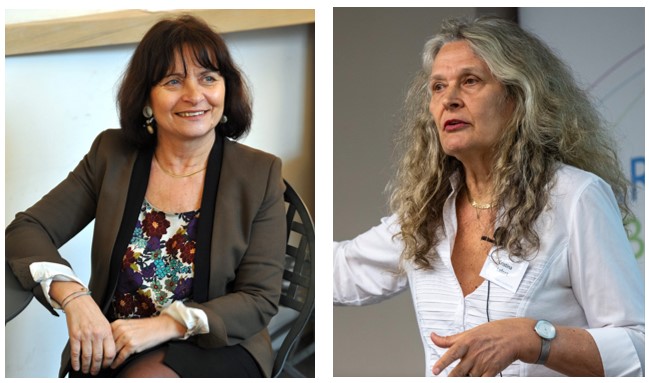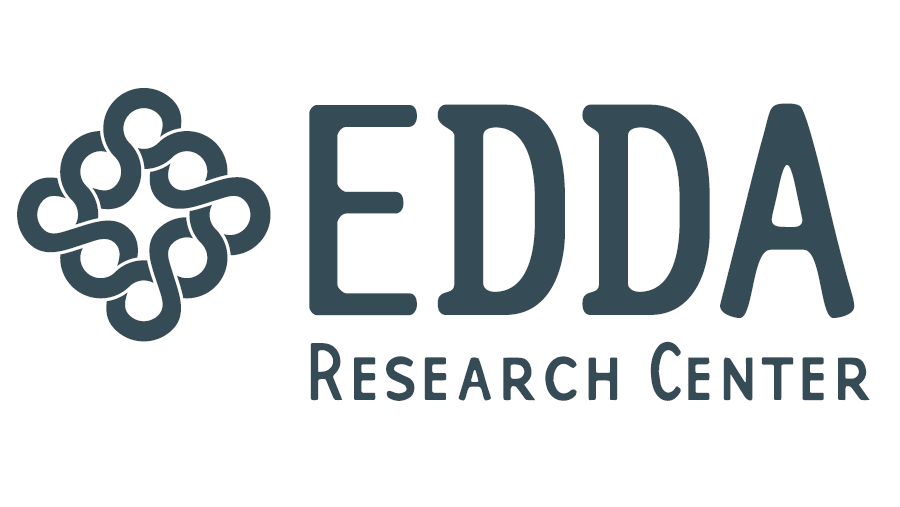EDDA Research Center hosts an open lecture with Nadia Urbinati, Professor at Columbia University, and Cristina Lafont, Professor at Northwestern University, discussing their book The Lottocratic Mentality. The event will take place in Auðarsalur, Veröld – House of Vigdís, on Wednesday, October 29, at 16:00.
The Lottocratic Mentality is a new book by the political philosophers Nadia Urbinati and Cristina Lafont about one of the main innovations of democratic politics: reducing the importance of elections and increasingly using random selection to select representatives for public office and decision-making.
In the book, they approach random selection of representatives on critical grounds and point out the dangers of eroding traditional democratic politics where voters elect representatives who campaign to win their favor.

Cristina Lafont is well known for her book Democratic Shortcuts, in which she criticizes ideas about mini publics and randomly selected assemblies and points out that random selection can never meet the legitimacy requirements of democratic politics. Lafont has argued that the ideology of random selection threatens several principles of democracy, such as political equality and freedom, and can easily lead to anti-democratic governance under the guise of efficient problem-solving.
Nadia Urbinati is among the most influential political philosophers of our time. In her book Democracy Disfigured, she points to the importance of the democratic debate in which opinions are challenged rather than democracy being redefined as a search for knowledge. Urbinati has particularly focused on the importance of political parties in democratic politics.
In The Lottocratic Mentality, Urbinati and Lafont argue that random selection does not solve any of the current problems of democracy. While it can certainly be used to a certain extent, it is a misunderstanding to claim that it can replace competitive politics. They criticize, in particular, the techno-populism that accompanies the idea that the main problem with democracy today is public ignorance and that the shortcomings of democracy can be remedied by randomly selecting representatives to work together on solutions to problems guided by objective knowledge.
